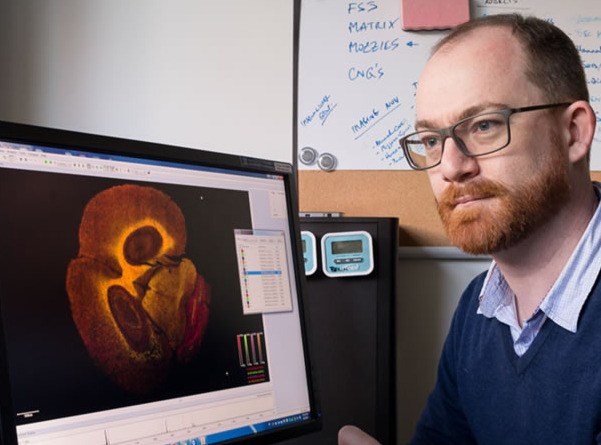Analytical Chemist
What does an analytical chemist do?
Analytical chemists use a diverse range of methods to investigate the chemical nature of substances. This is done to identify and understand the substance and how it behaves in different conditions.
In the pharmaceutical industry, analytical chemists are involved in the whole process, from drug discovery to market, studying the physical or chemical properties of drug substances and formulations to determining the quality and stability of drug products to ensure the safety of the drug.
Analytical chemists play an extremely important role in the advancement and development of modern medicine and science, especially in the pharmaceutical industry. Analytical chemists ensure the safety of products for human consumption, from drugs to food to water.
How does an analytical chemist do their job?
Analytical chemists are involved in a lot of hands-on testing and performing of complex analytical processes. Some typical instruments that are used include gas and high performance liquid chromatography (HPLC), ion chromatography, electrochromatography and spectroscopy.
Depending on the organisation, the types of testing performed and the instruments used will vary. If working for the water industry, collecting samples and analysing water will be the main role, whereas working for a pharmaceutical company will involve ensuring the safety of volunteers and patients in all stages of the drug discovery and development.
Where do analytical chemists work?
The majority of an analytical chemist's role is conducted in a sterile laboratory, but there are opportunities to collect samples on-site or deliver specimens out of the lab, depending on the company you work for.
Tertiary study
You could begin your undergraduate studies with a Bachelor of Science with a major in Chemistry or Chemical Systems.
After completing your Bachelor of Science you could go on to complete studies such as:
- Master of Science (Chemistry)
- Master of Biotechnology
- Master of Engineering (Chemical)
- Master of Engineering (Chemical with Business)
Companies that employ analytical chemists
Analytical chemists work in a diverse range of scientific industries. Typical employers include:
- Agrochemical companies
- Biotechnology or contract research organisations
- Chemical and polymer manufacturers
- Environmental agencies
- Food companies
- Petrochemical companies
Analytical chemists may work for pharmaceutical companies such as:
Analytical chemists can also be involved in:
- Pure research - done to improve understanding, without necessarily having an intended purpose
- Applied research - done to develop a commercially viable product.

Berin Boughton
Berin Boughton completed a Bachelor of Science with Honours, followed by a PhD, and went on to work as an analytical chemist.